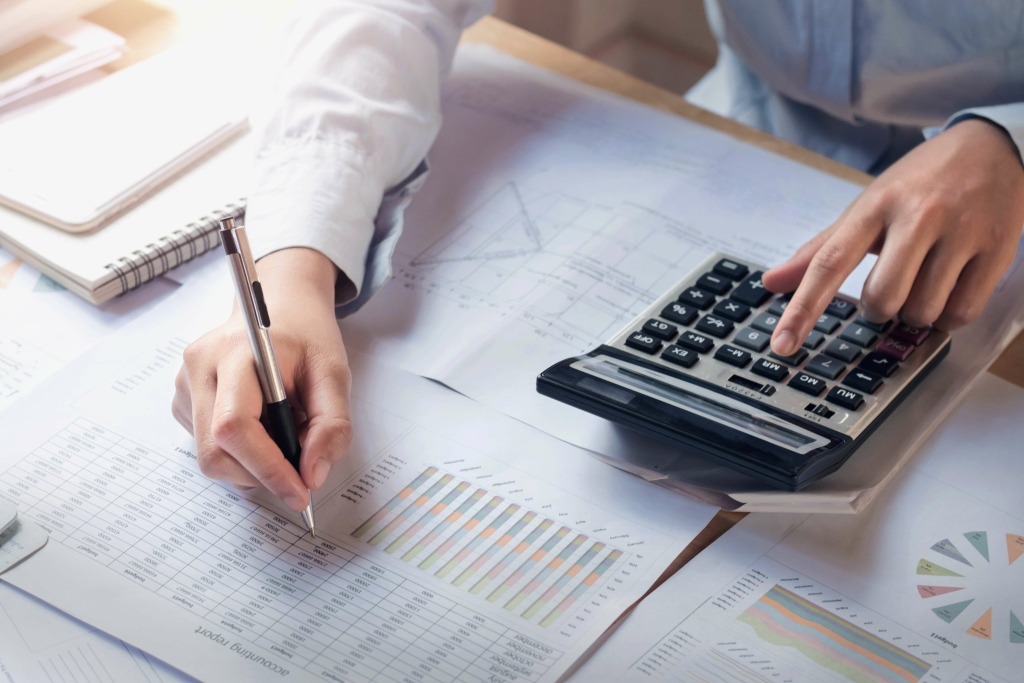
This feature has profound implications for accountancy, as it can facilitate real-time audits and automated compliance, reducing the need for extensive manual oversight. accounting Blockchain represents an opportunity, not a threat, with future accounting and auditing services likely to include some consideration of blockchain. Although the technology is rapidly evolving and will likely have an impact on accounting and auditing, some skepticism is warranted regarding potential benefits and ease of implementation. For now, the benefits are likely being oversold, while the costs and difficulty of implementation are likely being undersold.
- This ledger is accessible to all participants within the network, eliminating the need for intermediaries and minimising the risk of data inconsistencies.
- It can also assist doctors with preliminary diagnoses of conditions such as skin cancers and help hospitals reduce wait times.
- The integration of AI and blockchain has not only streamlined traditional accounting practices but also redefined how financial data is managed, processed, and reported.
- As blockchain technology becomes integral to accounting practices, financial statement disclosures must evolve to reflect these changes.
- It’s not clear how long organizations will take to adopt block-chain and alternative accounting information systems due to the numerous aforementioned challenges.
- Each transaction is recorded as a digital signature and is nearly impossible to alter due to cryptographic hashing.
1. Comparing Blockchain-Based Accounting with Traditional Accounting Systems
- Whether you are a beginner or looking to advance your knowledge on Blockchain, The Knowledge Academy’s diverse courses and informative blogs have you covered.
- Integrating continuous data feeds from sources such as sales transactions and payroll systems enhances transparency and accountability.
- This is particularly valuable in fast-paced industries like technology and finance, where timely insights provide a competitive edge.
- These case studies underscore blockchain’s versatility and potential to revolutionize diverse industries.
- A transaction that is not validated by all members of the database is not added to the database.
To illustrate this in practice, say that company X wants to send money to company Y to pay an outstanding invoice related to the purchase of software (Exhibit 1). The block (or transaction) is broadcasted to every authorized member of the network. Once all the members validate the transaction (i.e., approve the payment) a block is then added to the chain of transactions, which provides an immutable and transparent record of the transaction. The money is then transferred from company X to company Y, and the transaction is complete. The security of the blockchain prevents a hacker from acting as an authorized member of the network.
What is the Role of Blockchain in Accounting?
Industries like supply chain management benefit from real-time tracking, reducing inefficiencies and enhancing overall operational transparency. Auditors’ responsibilities shift towards validating the processes surrounding blockchain implementation rather than solely focusing on data verification. They will play a pivotal role in ensuring that smart contracts are appropriately designed and executed, and that the internal controls governing blockchain transactions are robust and compliant.

Finance & Accounting Related Services
Smart contracts also ensure transparency and traceability by recording every transaction on the blockchain, creating an immutable ledger accessible to all parties. This benefits auditors, who can verify transactions in real-time, cutting the time and cost of traditional audits. The decentralized nature of blockchain fosters trust among stakeholders by preventing any single entity from controlling the data. One of the major barriers to widespread blockchain adoption in accounting is the lack of standardization across jurisdictions.

Real-time transaction recording and verification
The automation capabilities of smart contracts streamline operations, enabling accountants and Bookkeeping for Etsy Sellers auditors to focus on strategic analysis. As blockchain technology matures, its potential for real-time transaction processing, traceable audit trails, and secure data sharing holds the promise of increased efficiency and transparency in financial activities. Blockchain’s role in accounting is promising, offering transformative benefits such as real-time auditing, automated financial reporting, enhanced fraud prevention, and improved data privacy.
By leveraging external expertise, businesses can ensure compliance, minimize integration difficulties, bridge skill gaps, and protect sensitive data while implementing blockchain technology. The intersection of blockchain and accountancy introduces a paradigm shift in how financial transactions are documented and verified. Traditional accounting systems rely heavily on centralized databases and manual reconciliation processes, often leading to errors, delays, and disputes. In contrast, blockchain technology offers an innovative solution by providing a transparent, tamper-proof, and distributed ledger that enhances the accuracy and efficiency of accounting practices. Blockchain technology is transforming financial auditing by providing a secure and transparent framework for verifying transactions.
Disadvantages of Blockchain in Accounting
- Integrating DeFi with blockchain could allow businesses to manage their finances in a decentralized, transparent, and automated environment.
- The adoption of blockchain technology along with artificial intelligence technologies and, more specifically, machine learning is happening at a fast rate.
- Each block contains different transactions, and once a block is added to the chain, the information it holds cannot be altered without altering all subsequent blocks, making it tamper-proof.
- Major accounting firms like Deloitte and PwC are exploring blockchain’s potential in auditing.
- This reduces the need for complex manual checks or external audits, which can be time-consuming and costly.
- Blockchains are an emerging technology expected to considerably transform the accounting and auditing professions.
A GL includes all the assets, liabilities, equity, expense, and income ledgers, which make up a complete set of the financial transactions records. As an accountancy expert, you’re likely relied upon for your skills in keeping records, ensuring standards are met, and dealing with complex regulations and rules. Because of how trustworthy blockchain technology is, it’s having an impact on how auditing is done. At its core, blockchain provides decentralized trust through distributed ledgers. This allows users to securely transfer value or assets without having to rely on a trusted third party such as a bank or government institution. But with the advent of blockchain technology, accounting processes have become more reliable and secure than ever before.

Global Standardization of Blockchain Accounting Practices
Furthermore, governments are typically reluctant to fully embrace financial and monetary changes that they can exert little control over. Today, the use of blockchain in the financial field is still largely in an investigative stage. Those who work in accounting don’t yet need to know all of the ins and outs of blockchain technology, but it’s definitely time to keep an eye on blockchain in accounting developments at least within your organization. Companies such as Verady have already created bridge technology between crypto assets, exchanges and accounting software.